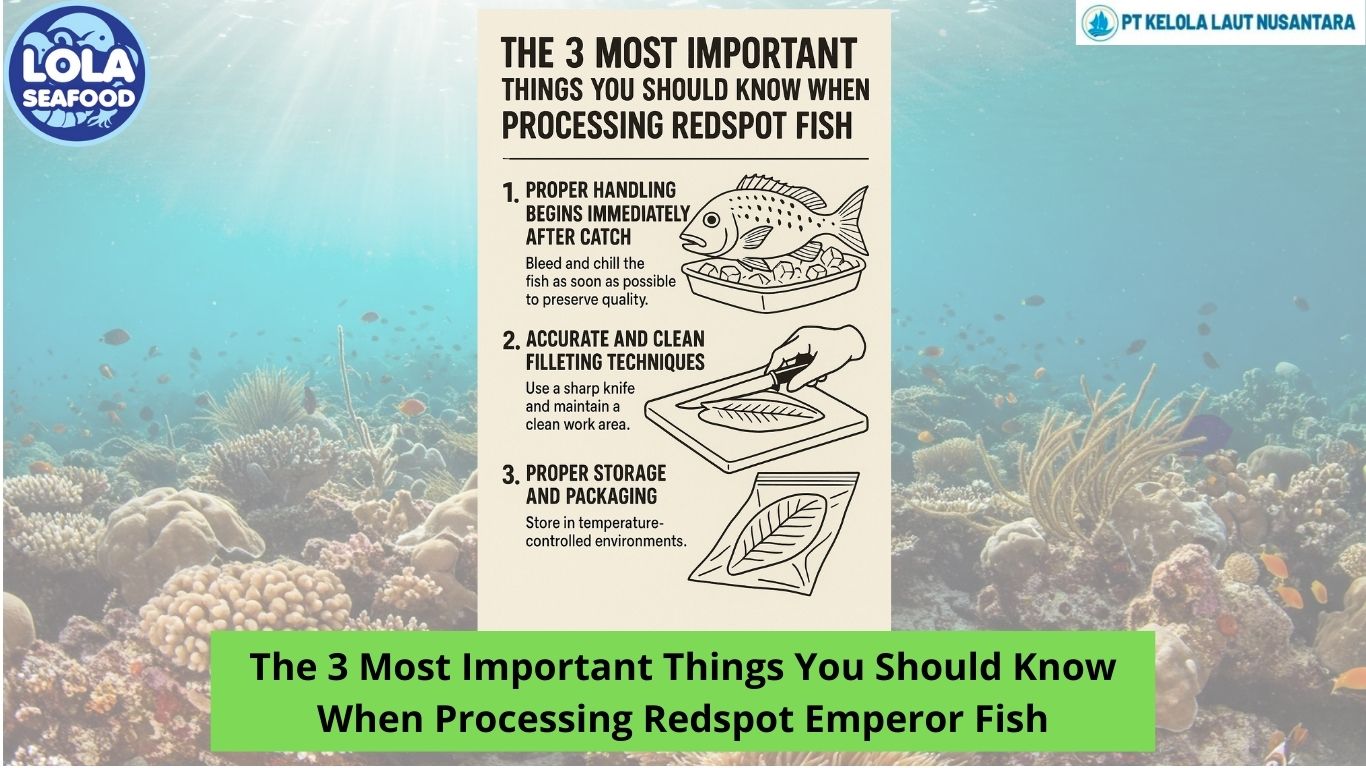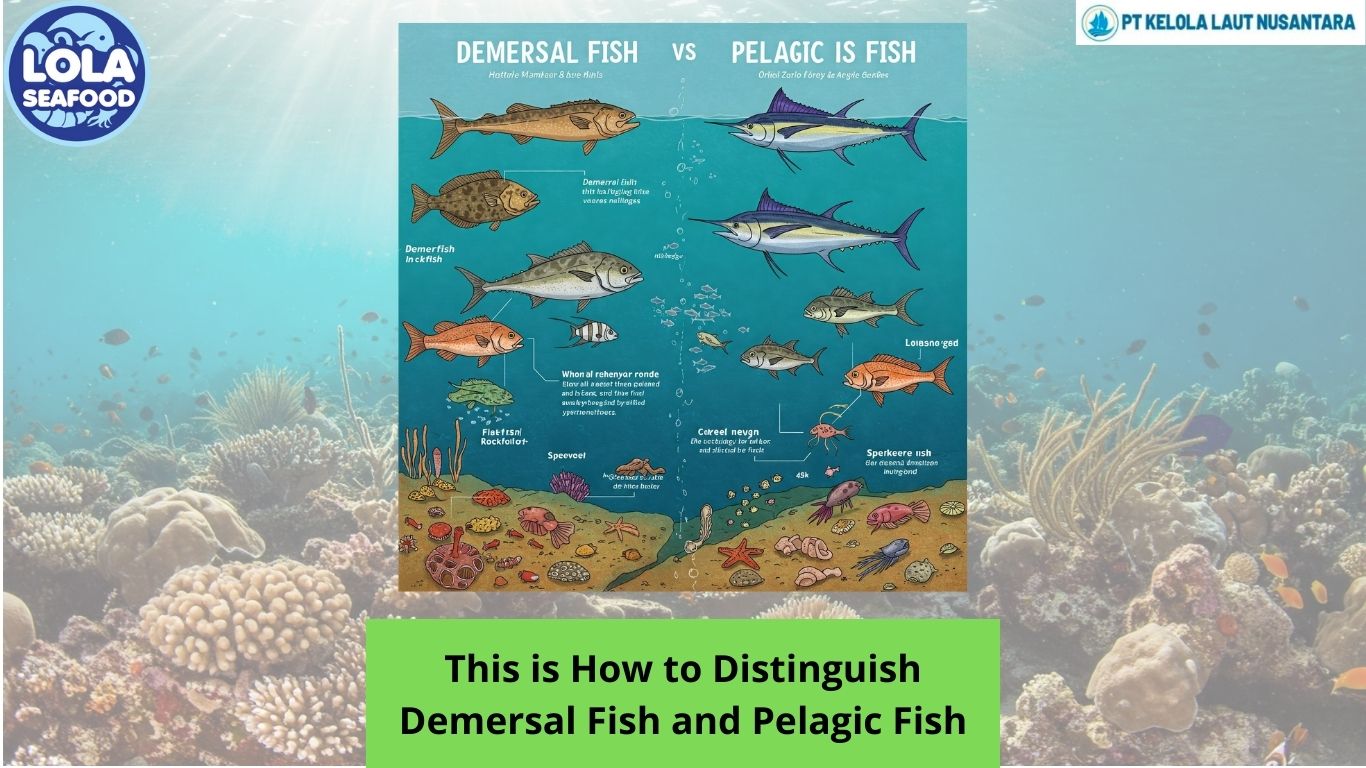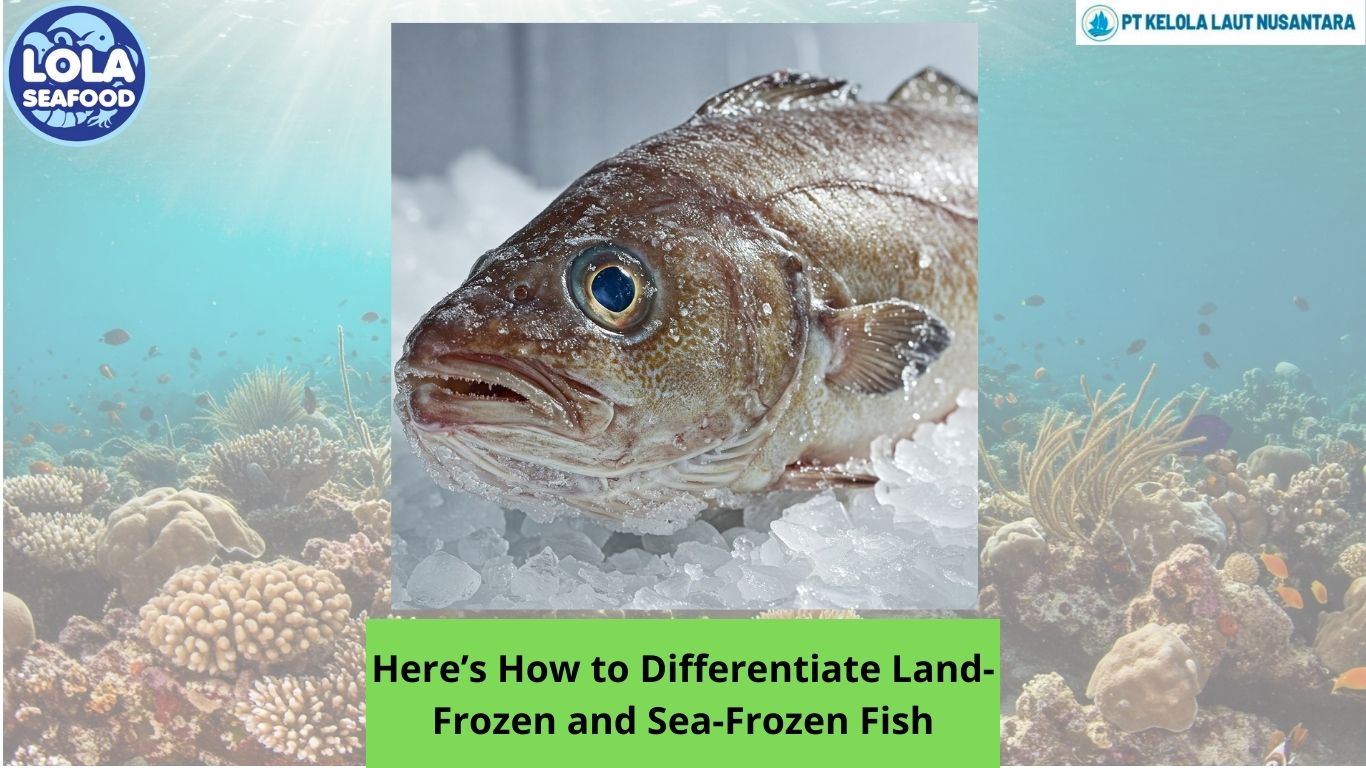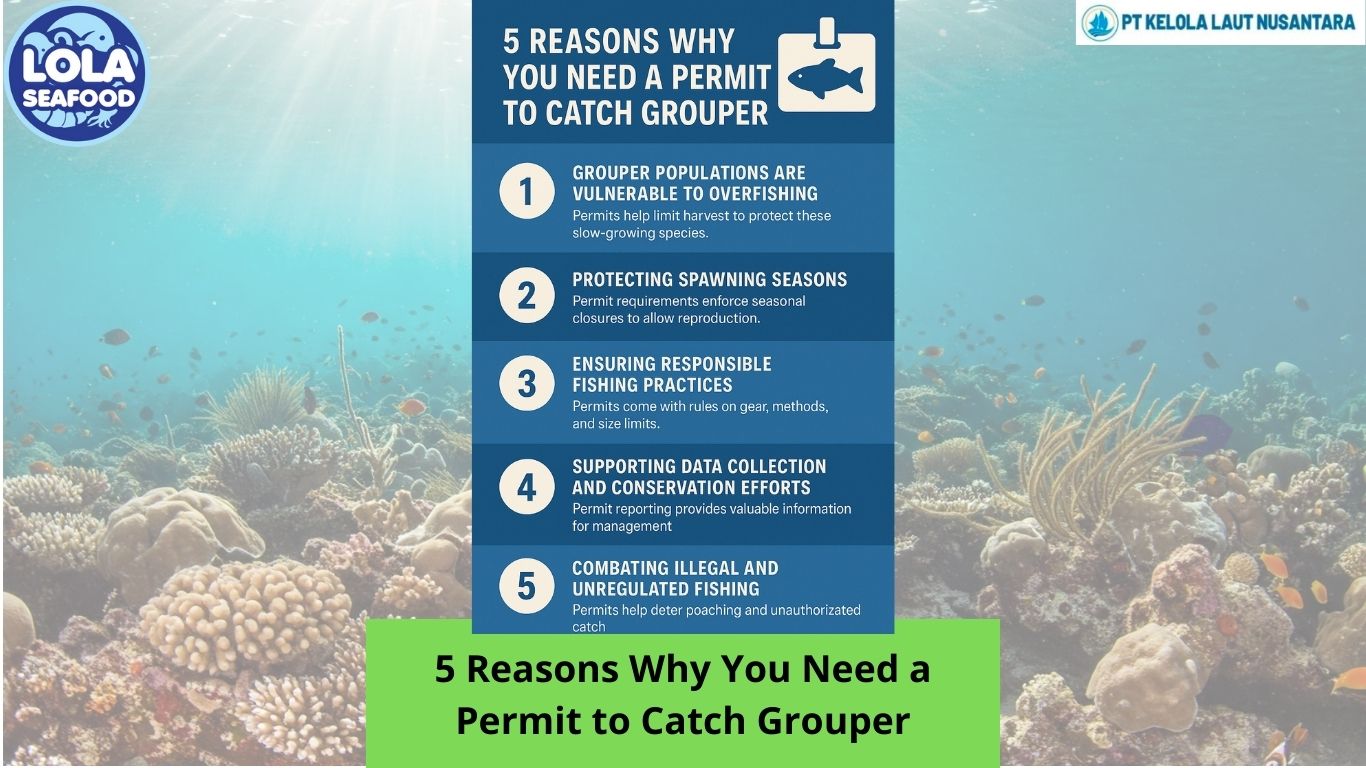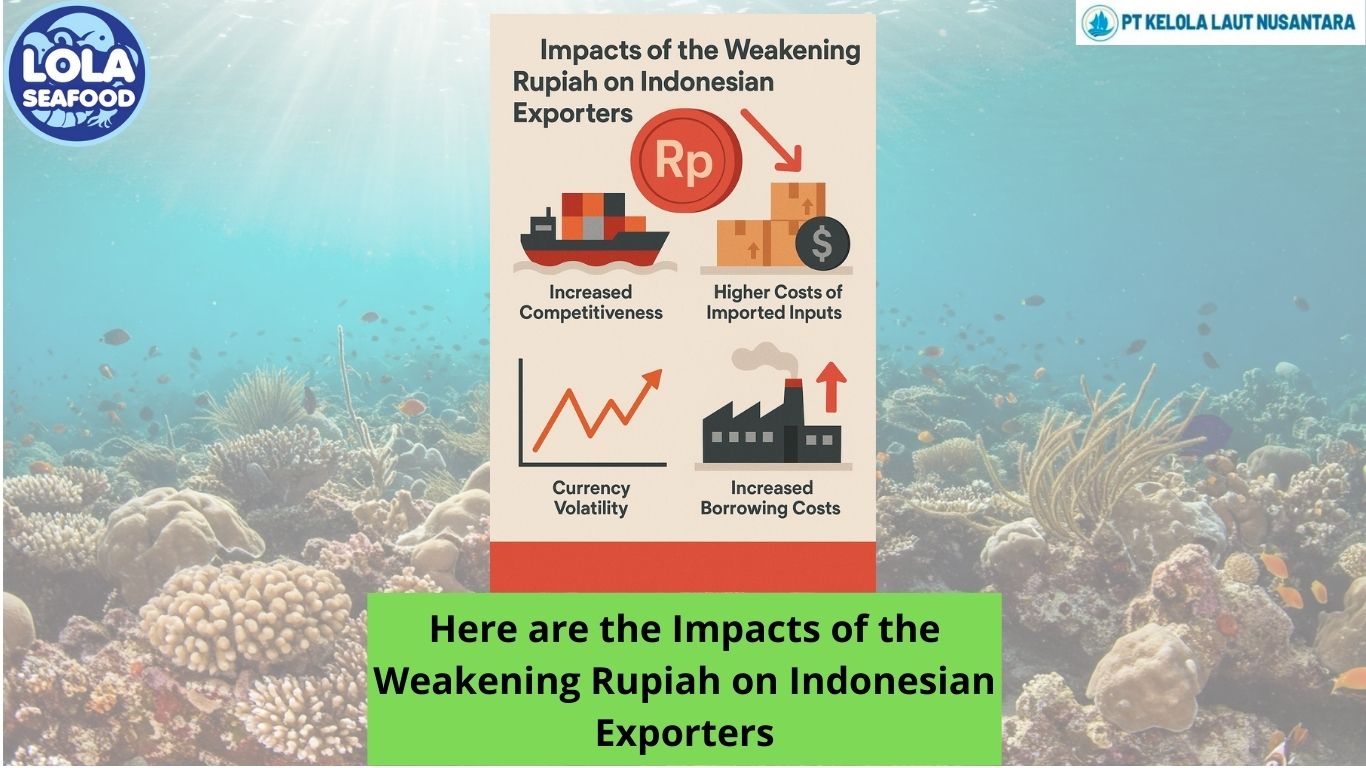Guide to Middle East Fisheries Trade Regulation
By. Wiwik Rasmini - 24 Dec 2024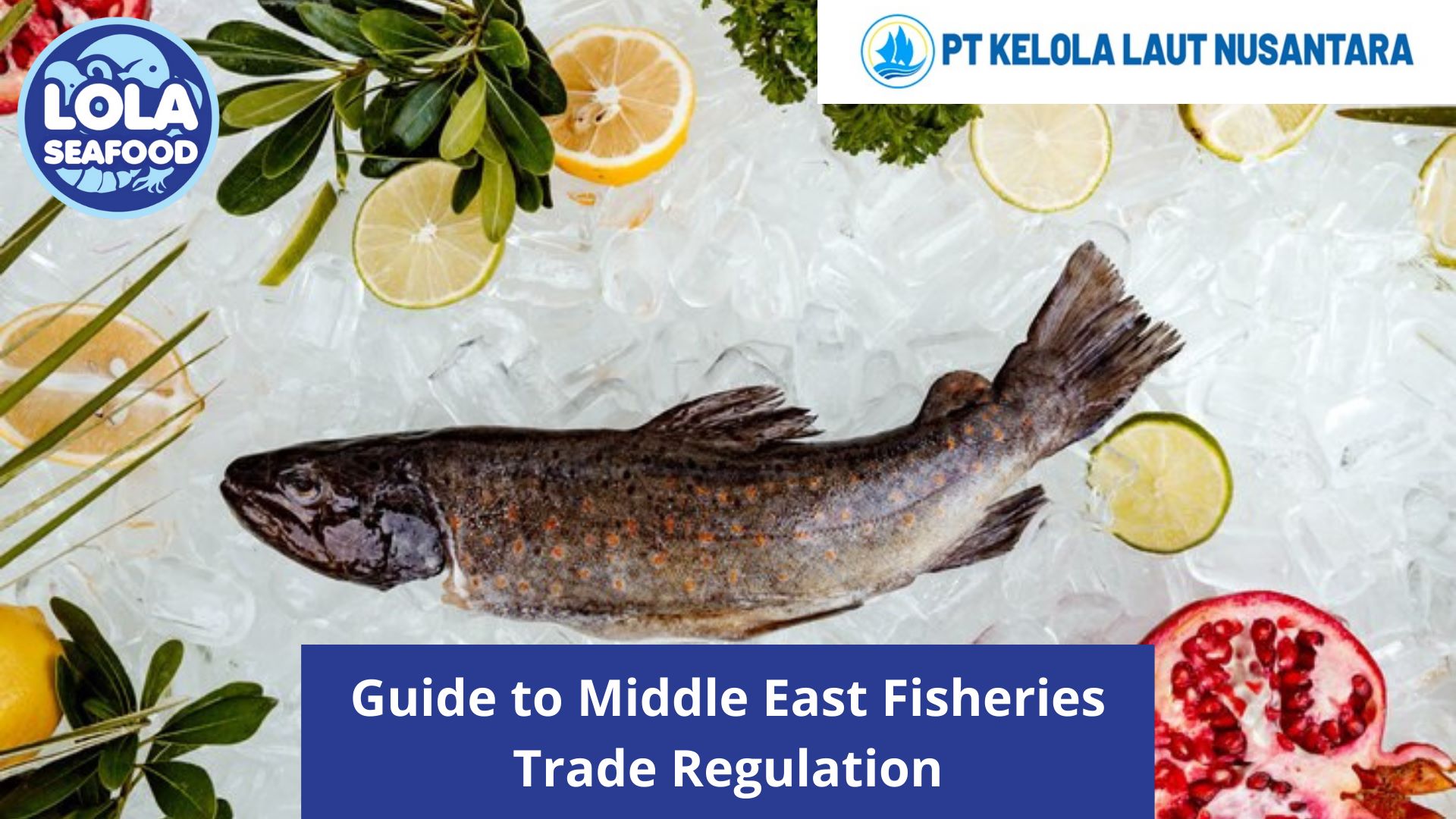
Kelolalaut.com Middle Eastern countries such as the United Arab Emirates, Saudi Arabia, Qatar, Kuwait, and Oman have a high demand for fishery products. This market potential makes the Middle East a key destination for fishery exporters from Indonesia and other regions. However, to successfully penetrate this market, businesses must understand the applicable regulations, both as exporters and importers. Below is an overview of the key regulations to consider.
A. Fisheries Export Regulations to the Middle East
1. Certification and Documentation Requirements
Middle Eastern countries enforce strict quality and safety standards for fishery products. Some commonly required documents include:
• Health Certificate: Issued by the competent authority in the country of origin, such as Indonesia’s Ministry of Marine Affairs and Fisheries (KKP).
• Halal Certification: Many Middle Eastern countries require halal certification to ensure products comply with Islamic law.
• Certificate of Origin: To verify the product’s origin and claim tariff preferences if applicable.
• Quarantine Inspection: Products must pass quality tests, including being free from fish diseases or contamination.
2. Inspections and Quality Standards
Middle Eastern countries have regulatory bodies like the Saudi Food and Drug Authority (SFDA) or Dubai Municipality responsible for ensuring product quality:
• Residue Limits for Chemicals: Products must be free from antibiotics, heavy metals, or pesticides.
• Hygiene and Processing Standards: Processing plants must adhere to international standards such as HACCP (Hazard Analysis Critical Control Point).
3. Tariff Classification and Import Duties
Fishery products like frozen fish, shrimp, or fish fillets are subject to varying import duties. However, many GCC (Gulf Cooperation Council) member countries offer low tariffs for trading partners.
B. Fisheries Import Regulations from the Middle East
As an importer of fishery products from the Middle East, businesses in Indonesia must also comply with import regulations. Key points include:
1. Quarantine Inspections
Imported products must meet Indonesia's quarantine standards, including:
• Free from Fish Pests and Diseases: Inspected by the Fish Quarantine, Quality Control, and Safety Agency (BKIPM).
• Compliance with Quality Standards: Products must meet Indonesian National Standards (SNI).
2. Essential Documents
Importers must provide documentation such as:
• Import Approval Letter (SPI) from the Ministry of Trade.
• Health certificate and certificate of origin from the exporting country.
• Special permits, if the product is classified as restricted.
3. Quota System and Restrictions
Indonesia imposes import quotas for certain fishery products to protect the domestic market. It is crucial to check whether products from the Middle East are included in the restricted list.
C. Challenges and Opportunities
Challenges
• Differences in Quality Standards: Exporters may face difficulties in meeting the standards of the destination country.
• Intense Competition: The Middle East also imports from countries like Norway, India, and Vietnam.
• Efficient Logistics Requirements: Fresh fishery products require a reliable cold supply chain.
If you are interested in our cat fish whole round and catfish steak please do not hesitate to contact us through email and/or whatsapp
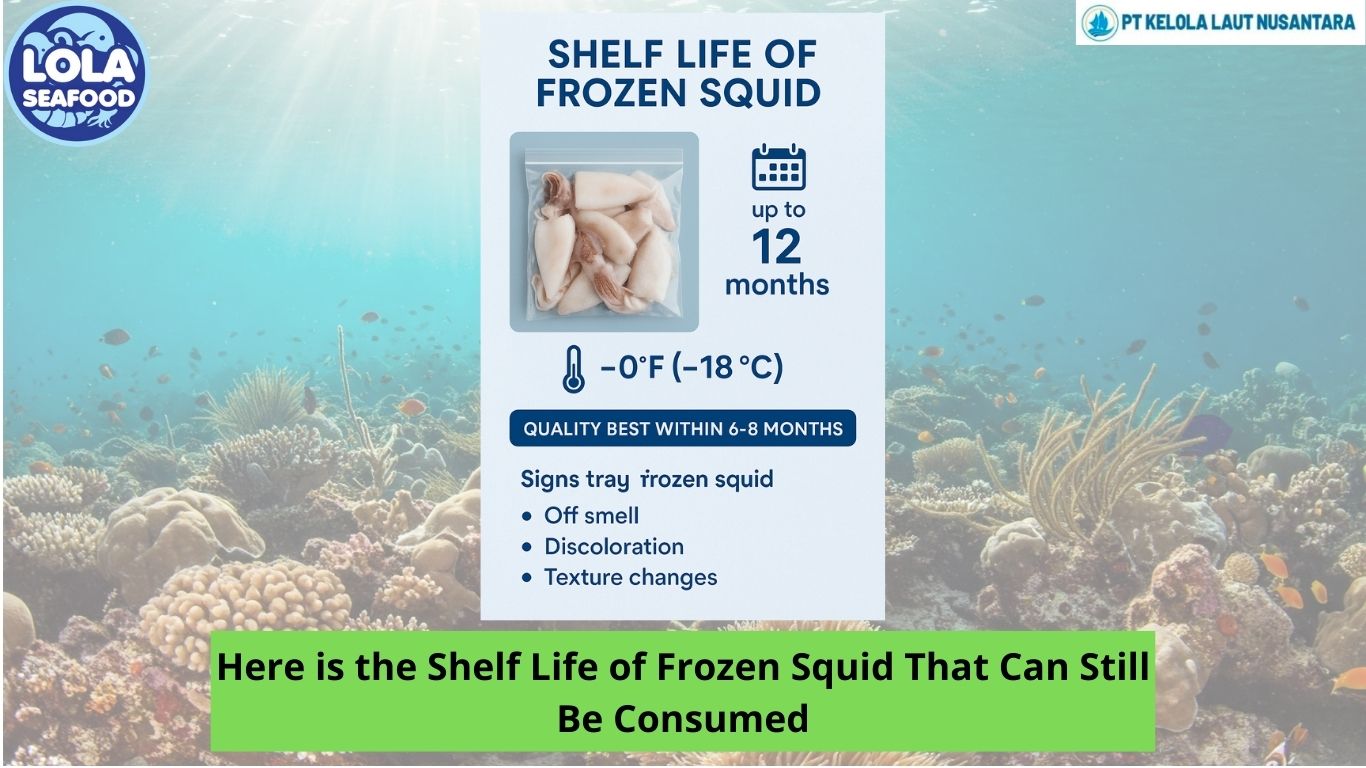
.jpg)
.jpg)
.jpg)
